WARRIOR BASE, South Korea -- It is considered an "Olympic event" by some, with results potentially as rewarding as any medal available. The standards are high and successfully completing the event is not guaranteed. The goal and reward for those who complete this test is the Expert Field Medical Badge.
Only a few miles south of the military demarcation line separating North and South Korea is a small U.S. Army training base near the city of Paju where Soldiers are testing for the badge that has been around since 1965. The test is called "EFMB on the DMZ" by cadre responsible for maintaining standards for obtaining the badge.
Those hoping to earn the badge must complete a 12-mile road march, day and night land navigation courses, a comprehensive written test, and complete a series of training lanes testing a Soldier's communication and medical skills. Candidates are only allowed to fail any event one time during the test. Failing a re-test results in immediate removal from the testing.
Staff Sgt. John Jestis, the 94th Military Police Battalion senior medic, is one of the more than 300 candidates assigned to units in Korea or Hawaii who are testing themselves to earn the badge. He said that it wasn't his first time getting to compete for the EFMB and for him it's a privilege and an honor to come out to compete for the EFMB.
"This is very prestigious for us in the medical field," said Jestis with a smile on his face. "The EFMB is not just medical stuff; its also our warrior skills that we do every day as a Soldier."
Jestis went on to talk about differences during his first attempt to earn the EFMB compared to now. Jestis said that advancements in training aids and seasoned cadre create a more realistic atmosphere.
"Now you go through a lane where you have multiple tasks and it's your warrior, communication, evacuation, and treatment skills all combined into three different lanes," said Jestis while waiting to start his night land navigation training. "For me that makes it more realistic."
Master Sgt. Sean Hendricks, the 501st Sustainment Brigade Surgeon Cell NCOIC, EFMB test board member and badge holder, said he feels that what's most crucial for a Soldier when coming to the EFMB testing is having comprehensive medical knowledge."
"Combat testing lane, or CTL, is all about the skills that a medic uses to assess a patient and administer treatment for pain, dehydration and shock," said Hendricks. "I definitely think it's most important to have sharp medical skills."
Hendricks said that the EFMB testing is a two-week experience with a train up session during the first week and testing in the second. Current testing has been broken down into two groups - one which tested May 1-5, the second undergoing evaluations May 14-18. The success rate for the first group was 15 percent.
"Whether you fail out on day one or you get the badge, the medical training, the warrior tasks training, they're just Soldiers skills and that is the real experience," said Hendricks. "There is a saying.. 'The training is mandatory, the badge is not.'"
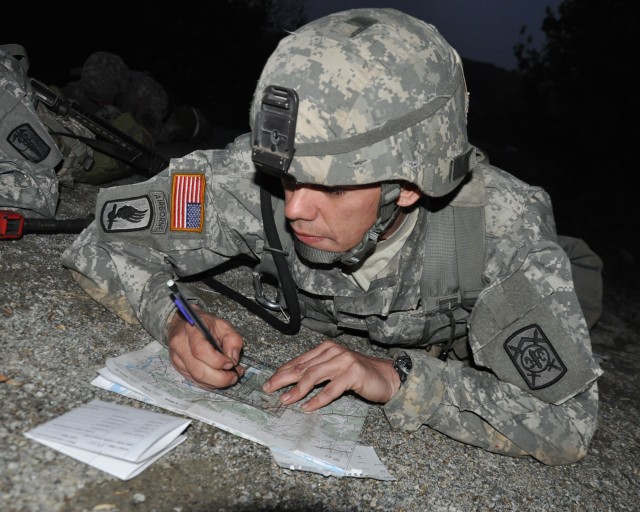
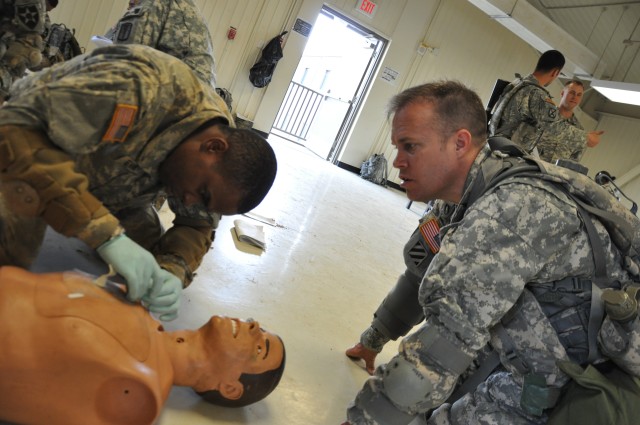
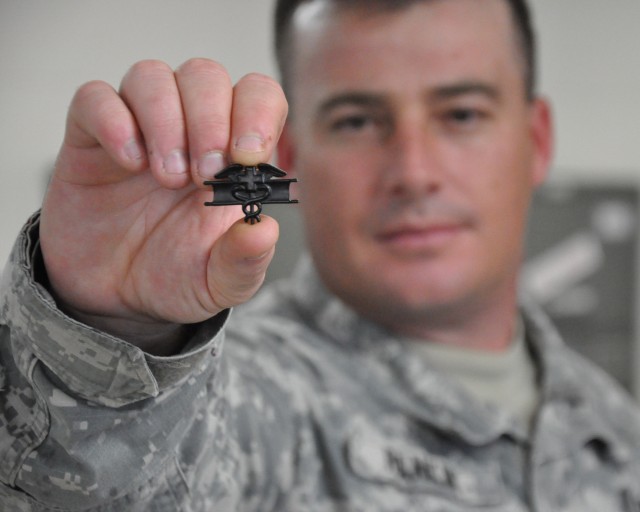
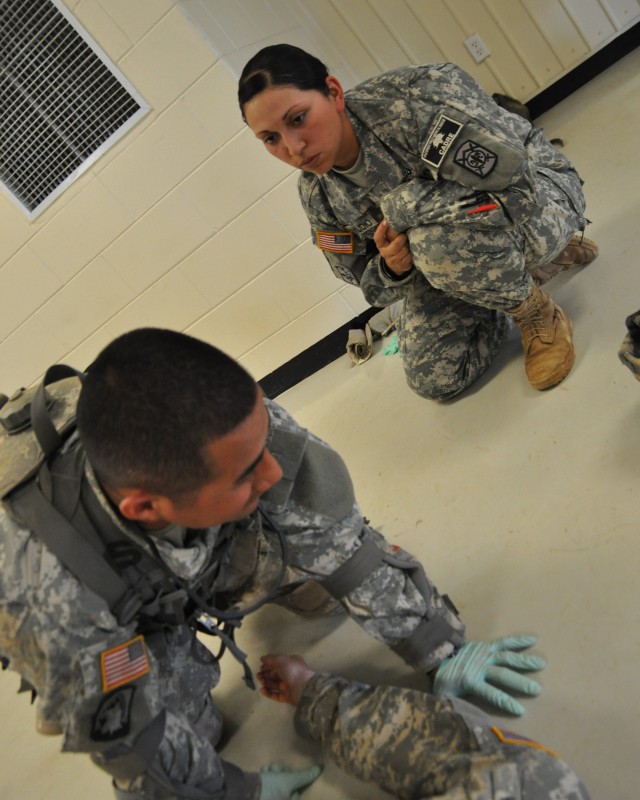
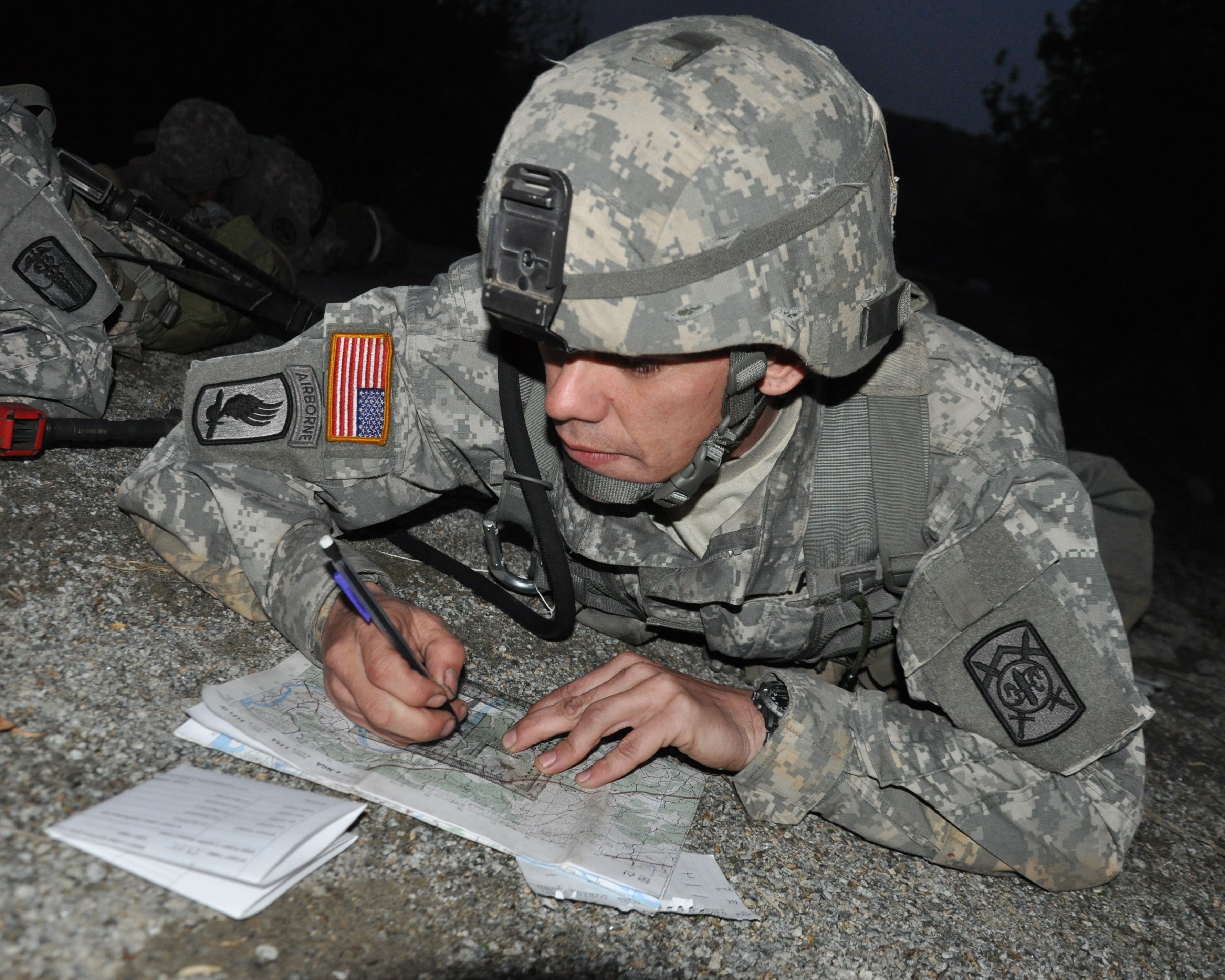
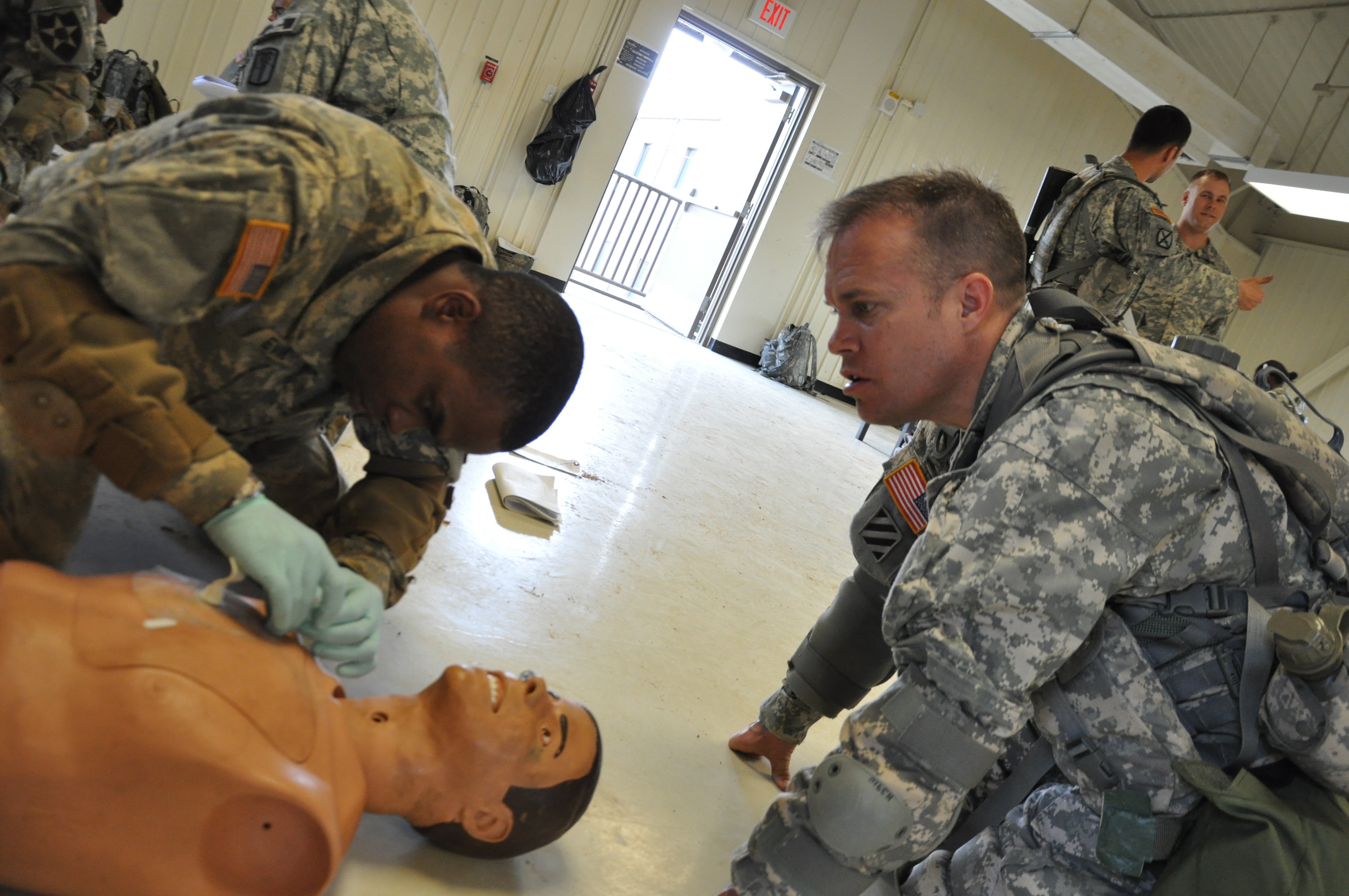
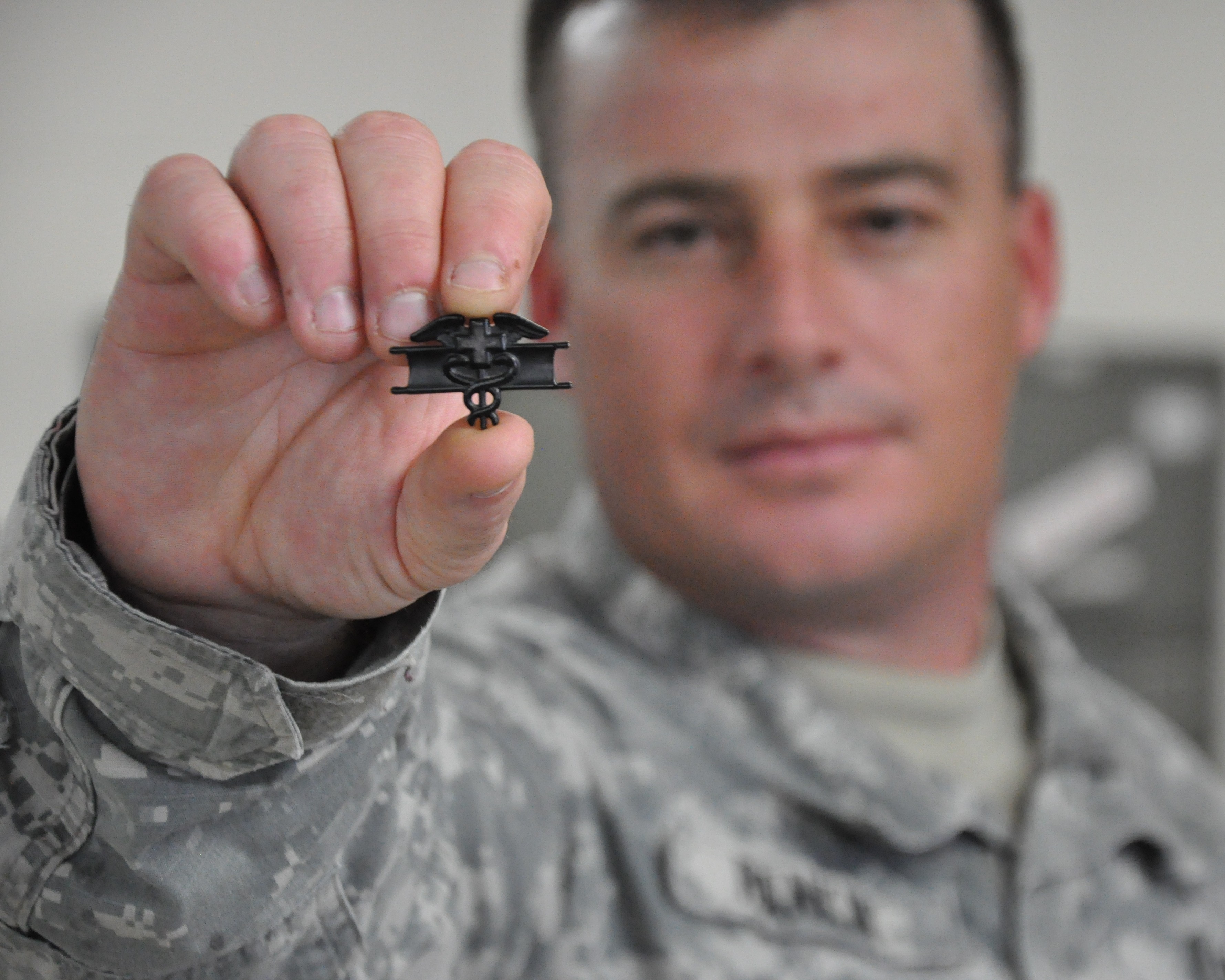
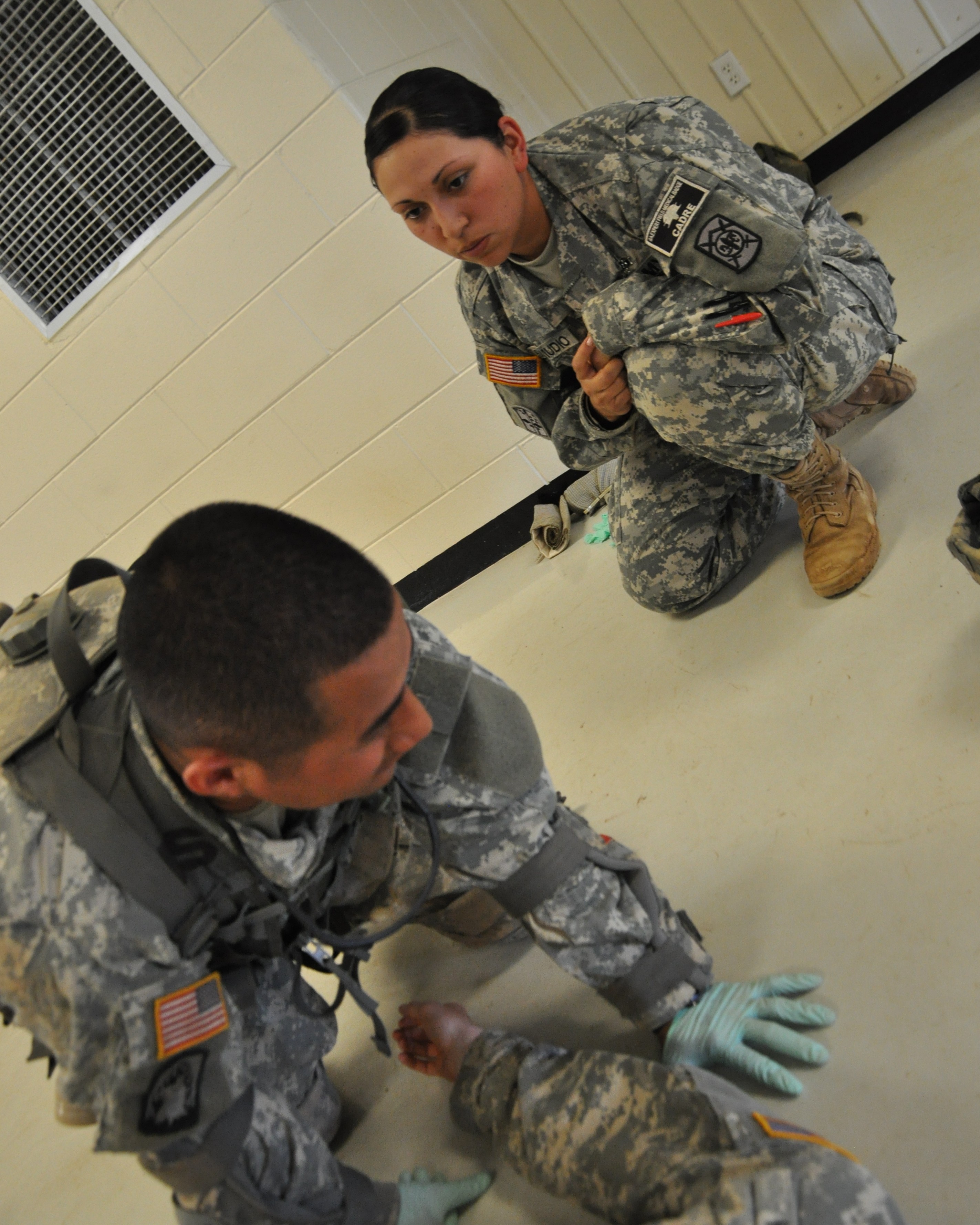
Social Sharing